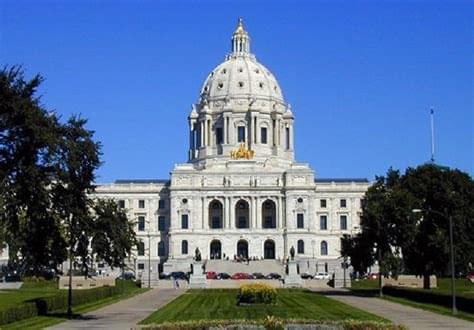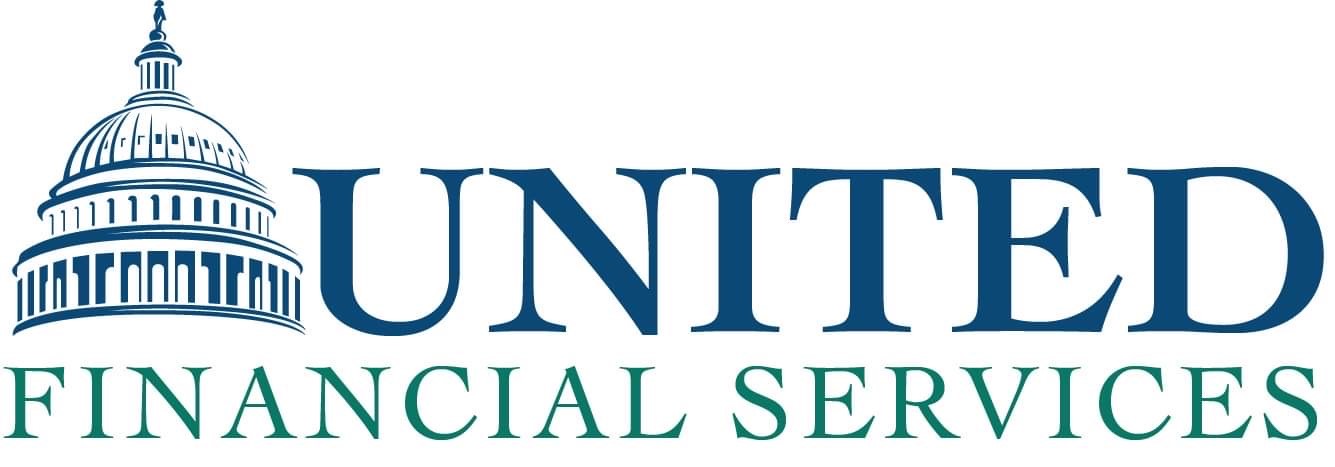by Jim Gaskins

This will probably be covered in far greater detail in later posts/articles, but let’s do a quick overview, because much of this will apply to you immediately and down the road.
Your starting point will be your pension. You’re contributing a defined amount to your retirement income, and the state is doing the same. You’ve got a unique pension in comparison to most, one that is designed to allow you to retire at an earlier age than most.
Most of you will have access to, and many of you will be taking advantage of the Deferred Compensation Plan (457b), which is a tax-deferred savings account to which you can contribute money pre-tax, reducing your taxable income. It then grows tax-free until you reach retirement, or sometimes when you reach age 59 ½, depending on how long you work.
These are both great retirement tools. Depending on your situation, you may also be paying into either during, or before and/or after, Social Security. Another income source in your retirement. However, they all have one thing in common: You’re likely to get HAMMERED by taxes in retirement. They’re all normally taxable as ordinary income.
Right now, that may not seem like a big deal. But let’s say, for example, your income puts you into a 22% federal tax bracket (most likely – given your profession and income). However, figure in the kids as dependents, your contributions to your pension and retirements, mortgage interest, and other things, and right now you might be paying an effective tax rate of under 10%.
What happens when you hit retirement? Let’s say you saved well, you have your pension, a spouse’s 401k, and you head into retirement mostly debt-free. All of a sudden, you no longer have contributions to pension and retirement. No mortgage interest because you paid off the house. The kids are grown and on their own. Even if you’ve managed to maintain your income level as it was before you stopped working, your tax bracket could jump up to nearly double. And this doesn’t even count the likelihood that the geniuses (yes, I’m being sarcastic) in Washington D.C. will have dramatically raised taxes to pay for all of the debt they’re continuing to cause. What if the tax rates are at 45-50%? It’s not unrealistic.
Your retirement could look very different. Let’s prepare for that, and any scenario.
There are alternatives. Get with us now for the best way to put aside money that will be tax-free when you hit retirement. It’s possible, relatively simple, and can be built into your overall plan.
